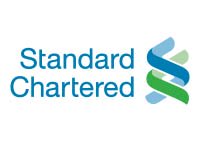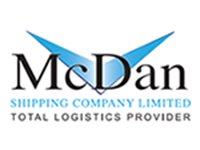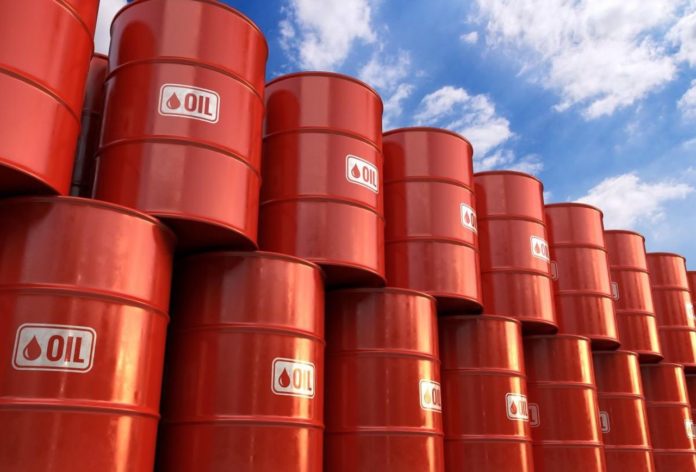
Businesses worry over possible fuel price hike
Businesses in Ghana are worried that domestic petroleum prices at the pumps may soon be raised, following the sharp surge in global oil prices that have resulted from last Saturday’s drone attacks on Saudi Arabia’s biggest oil processing facilities, owned by state corporation, Aramco.
Even though global market prices have fallen from the short term highs reached on Monday for both Brent and West Texas Intermediate brands, which initially rose by some 20 percent in the wake of the attacks, Brent’s price of US$66.64 per barrel is still about 10 percent higher than it was immediately prior to the attack while WTI is 9.5 percent higher at US$60.06 per barrel.
Fortunately for Ghanaian consumers the attacks came after the latest pricing window had been computed and which is effective from Monday September 16 till the end of the month. A new pricing window will be announced on October1 however and there are real fears that if the global price has not receded by that time Ghana’s National Petroleum Authority, in computing its price build up, would be forced to announce a major increase in indicative prices.
The latest price build up left indicative prices unchanged with the downstream retail market leader GOIL retaining its gasoline price at GHc5.38 per litre and diesel at GHc5.34 per litre. However, the next pricing window, which will consider exchange rates and global oil prices from September 12 – 26 will have to take into account the global oil price hike brought upon by last weekend’s attacks on Saudi Arabia’s oil production facilities.
The attacks have cut Saudi’s oil production by some 5.7 million barrels per day which amounts to half of its entire production. With Saudi being the world’s biggest supplier, providing 10 percent of global supply, this translates to a five percent cut in global production.
For now though, the NPA, acting on behalf of the Government of Ghana is actively hoping that global prices will drop ahead of the next pricing window to enable it avoid computing a sharp increase in indicative prices.
Just yesterday, a 10 percent increase in public road transportation fares took effect, ostensibly brought about by government’s decision to revise upwards the rates on the Road Fund Levy, the Energy Debt Recovery Levy and the Price Stabilization and Recovery Levy as announced during the 2019 mid year budget review in July and which has since been approved by Parliament.
Ironically, those tax rates were revised upwards by a government facing a 9.5 percent revenue shortfall – as compared to budgetary targets – for the first half of this year, even as petrol prices at the pump fell from average of GHc5.5 per litre as at June to GHc5.355 by August. Evidently government therefore thought it could get away with a petroleum tax increase without an accompanying increase in transport fares but this has not happened. Any further increase in transport fares, resulting from an increase in petrol prices at the pump would generate widespread public disaffection.
The NPA is therefore hoping that the global supply situation is stabilized over the coming two weeks before the next domestic pricing window. While this is possible – Saudi has already restored part of its lost production and the United States says it is willing to release part of its 640 million barrels strategic reserves – it is still uncertain when Saudi can scale up to its pre-attack production levels.
Even more worrying is the rising geo-political tensions in the middle east – by far the biggest source of global oil exports – involving the United States, Iran Iraq, Yemen and Saudi Arabia itself, which is unlikely to allow global oil prices fall back to their pre attack levels in the short term.
Latest Posts

157TH Canada Day Celebration: Celebrating Strong Bilateral Trade between Canada and Ghana
July 01, 2024

FATHER’S DAY DINNER WITH PRINCE KOFI AMOABENG
July 01, 2024
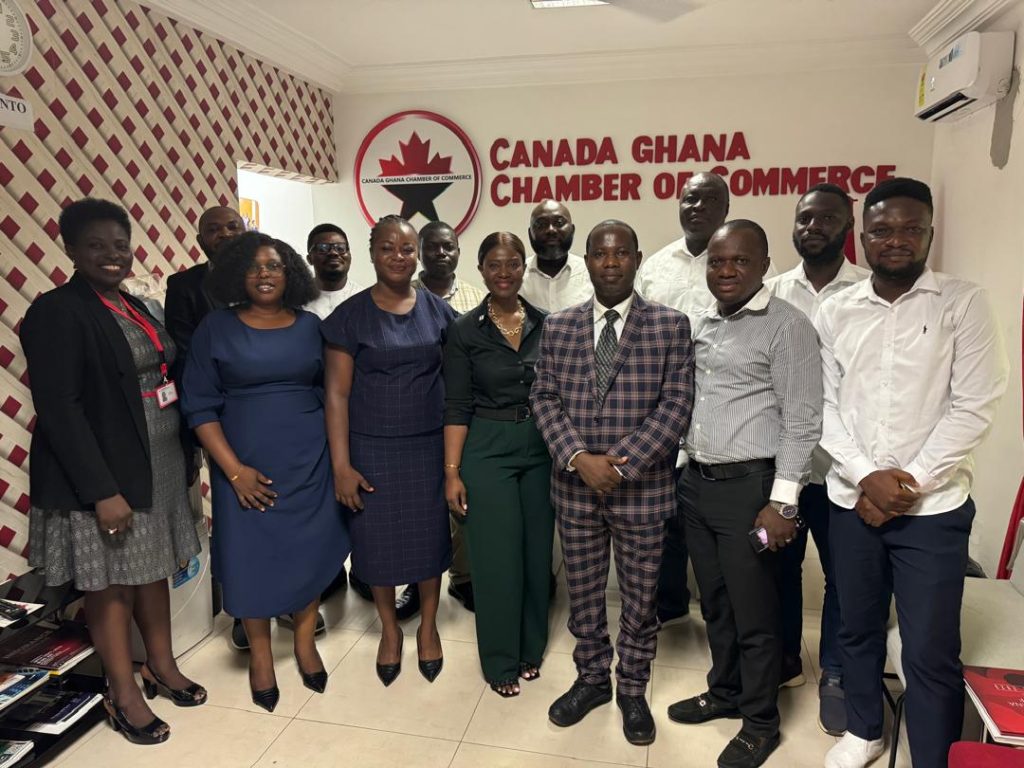
FREIGHT FORWARDERS AND LOGISTICS SECTOR MEETING
July 01, 2024

Celebrating Women at the Mother’s Day Dinner
June 03, 2024
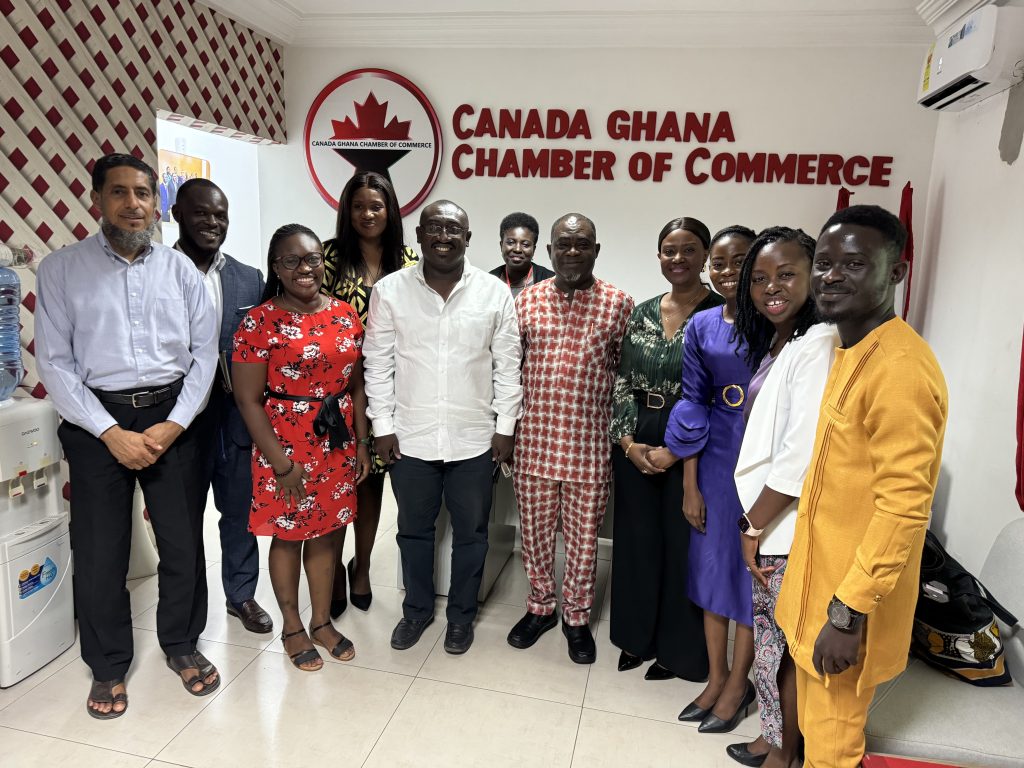
CANCHAM Pharmaceutical Sector Meeting Highlights
June 03, 2024
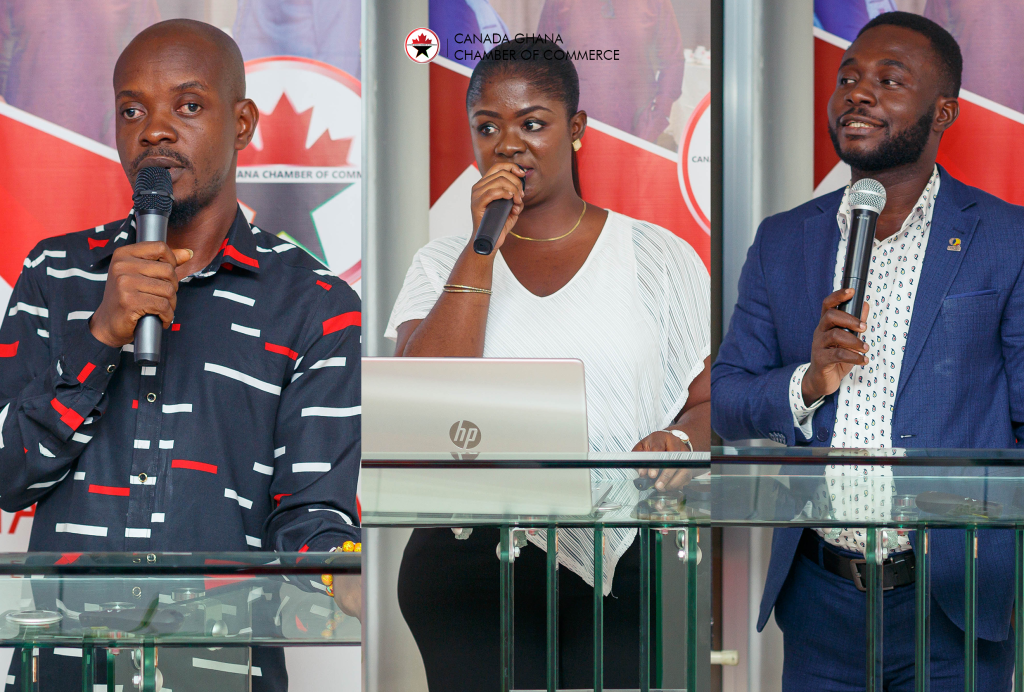
In-house Presentation (May Edition)
June 03, 2024

CANCHAM ANNUAL GENERAL MEETING
May 08, 2024

Construction Sector Meeting Hosted by CANCHAM
May 08, 2024
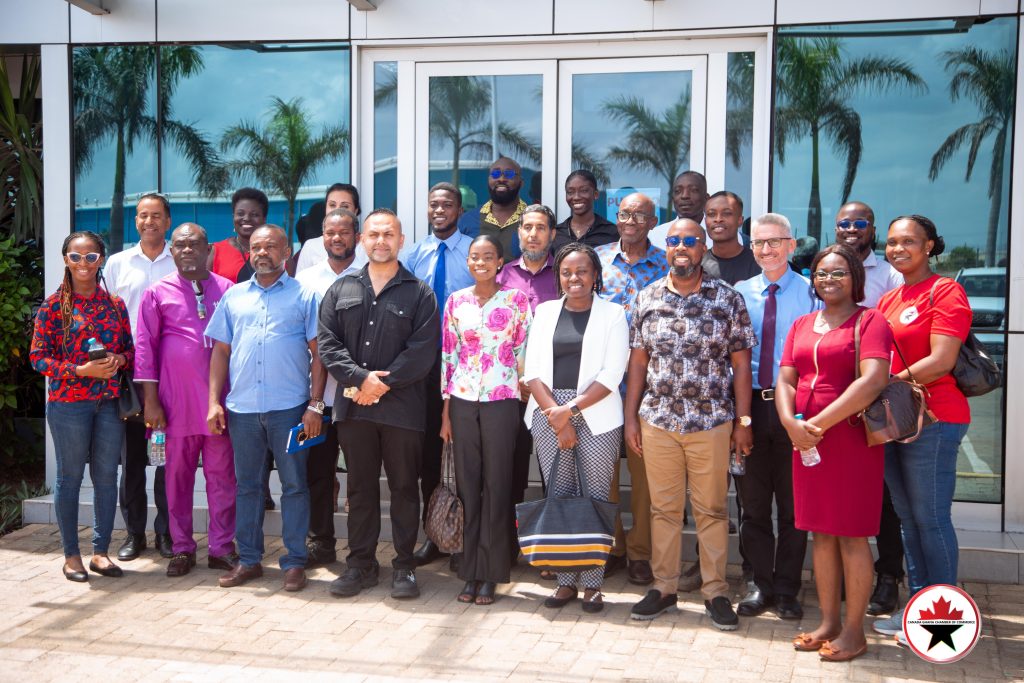
INDUSTRIAL TOUR TO MERIDIAN PARK BY LMI HOLDINGS
May 08, 2024

A JAZZ AND WHISKY AFFAIR: A Tri-Chamber Collaboration!
May 08, 2024

May 08, 2024

EMPOWERING THE FUTURE: ALINEA FOUNDATION’S WEE-NORTH PROJECT AGM
April 04, 2024

EMPOWERING CHANGE: CANCHAM AND JOY BUSINESS INTERNATIONAL WOMEN’S DAY DIALOGUE
April 04, 2024

April 04, 2024
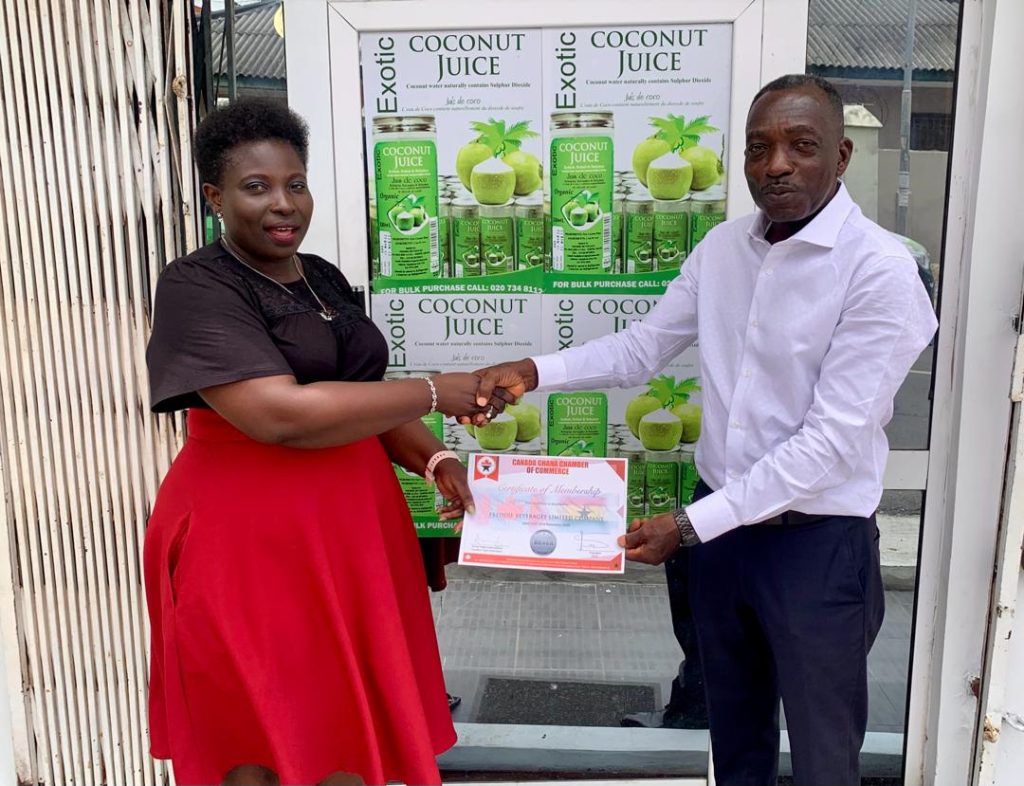
EXPLORING FLAVORFUL HORIZONS: A JOURNEY WITH FREDDIE BEVERAGES
April 04, 2024

EXPLORING HORIZONS: INSIGHTS FROM HOLLARD INSURANCE’S JOURNEY
April 04, 2024
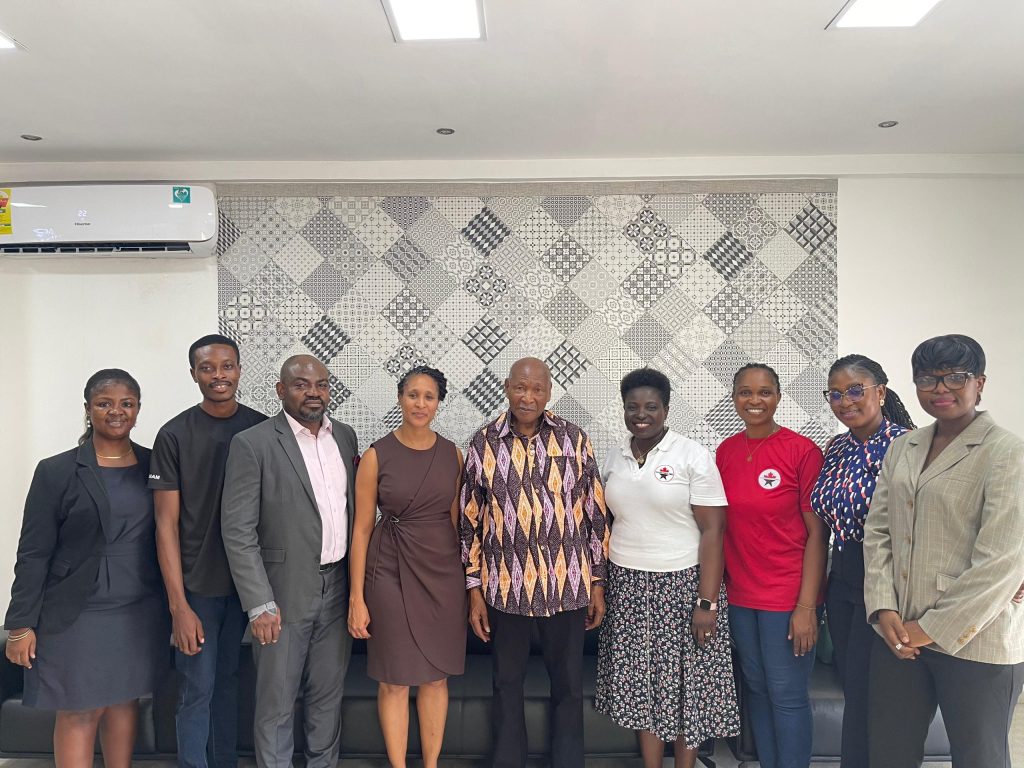
UNLOCKING OPPORTUNITIES: SENA CHARTERED SECRETARIES LIMITED’S EXPANSION ENDEAVOR
April 04, 2024
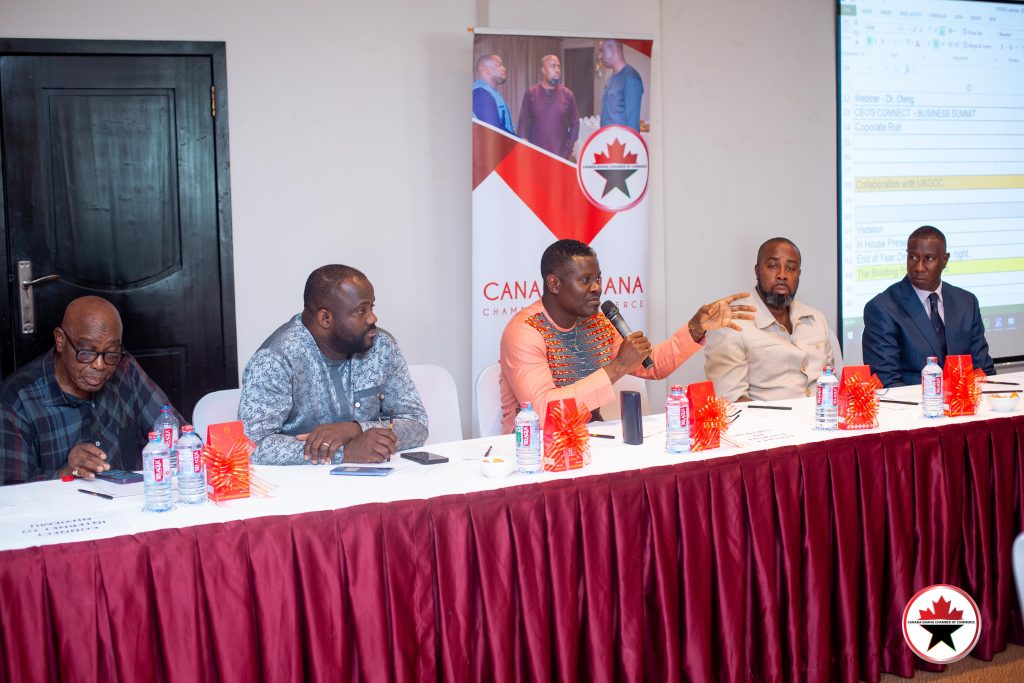
Highlights from CANCHAM Chocolate Day Member Forum 2024
March 01, 2024
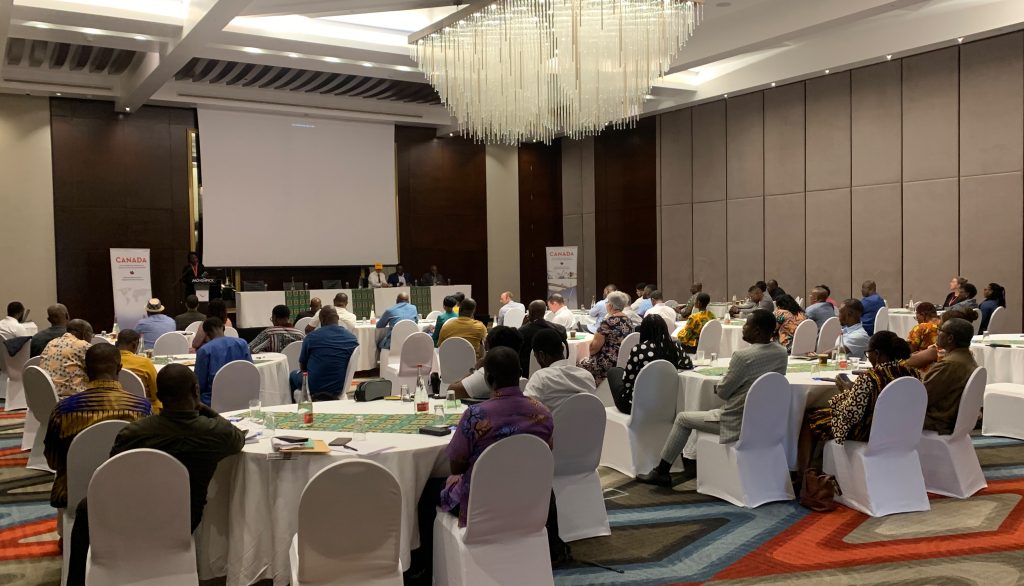
TVET Workshop by Canadian High Commission in Collaboration with CANCHAM
March 01, 2024
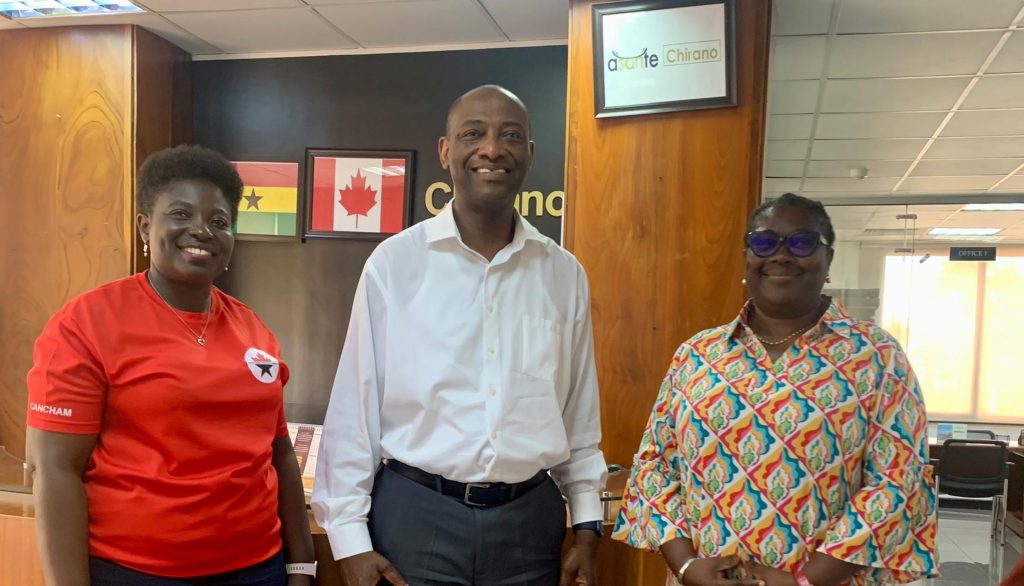
Unlocking Potential: Insights from Asante-Chirano
March 01, 2024





